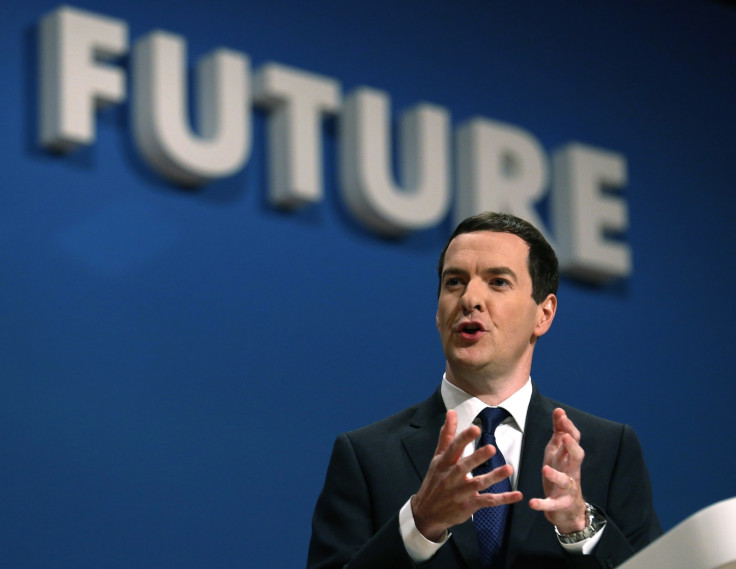Osborne Under Fire for Giving Brussels Billions in British Cash in 'Secret EU Deal'

UK Chancellor George Osborne is being accused by the opposition of sealing a "secret deal" with the European Union by giving Brussels billions of pounds in taxpayers' cash by abstaining from a vital vote against the bloc's contingency fund.
According to a report in the Sunday Times, treasury minister David Gauke abstained from voting against the EU's contingency fund this year, which means, by default, that Britain would hand over another £2.4bn (€3bn, $3.8bn) to the European Commission.
At current levels, this translates to an extra £400m to be paid by the taxpayer.
"George Osborne needs to come clean about his secret deal in Brussels over the EU budget," said Labour's shadow chancellor Ed Balls.
"British taxpayers know he failed to reduce Britain's bill and simply got some extra time to pay it. Now it's clear the price for that poor deal was dropping Britain's opposition to extra EU spending of €3bn."
Germany, France, Holland, Sweden and Denmark have all voted against the increase in the EU contingency fund.
However, a Treasury spokesperson has since put out a statement saying that the abstention was because "the extra money would be taken off budgets over the rest of the EU's seven-year budgetary period" and no "secret deal" had been struck.
Britain's relationship with the EU has become strained over the last year after the Prime Minister David Cameron pledged to let Britons vote for either exiting and staying within the EU via an in/out referendum scheduled for 2017, if his Conservative party remains in power after the general election next year.
He has since promised to curb immigration, amid the rising popularity of anti-EU and protectionist parties, and has had a bitter battle over a revised tax bill.
Last month, the EU declared that the UK would have to pay £1.7bn in extra tax to the bloc after Brussels' statistics agency Eurostat assessed all members' economic performances over the last 20 years, and readjusted what it thinks countries should be contributing in tax, in line with stronger growth.
Prime Minister David Cameron said that the UK would not pay this new amount while members of his Conservative Party have dubbed the demand as "daylight robbery".
The UK already pays an annual net contribution of £8.6bn to the EU and this payment would add a fifth to this amount.
However, a couple of weeks after the row began Osborne said he secured a victory against the EU, after the bloc agreed to push back the UK's deadline for a £1.7bn tax bill and accept just half the original surcharge.
The move means that the bill from Brussels will not have to be paid until 1 September 2015, instead of 1 December, the UK will pay a total of £850m.
© Copyright IBTimes 2025. All rights reserved.






















